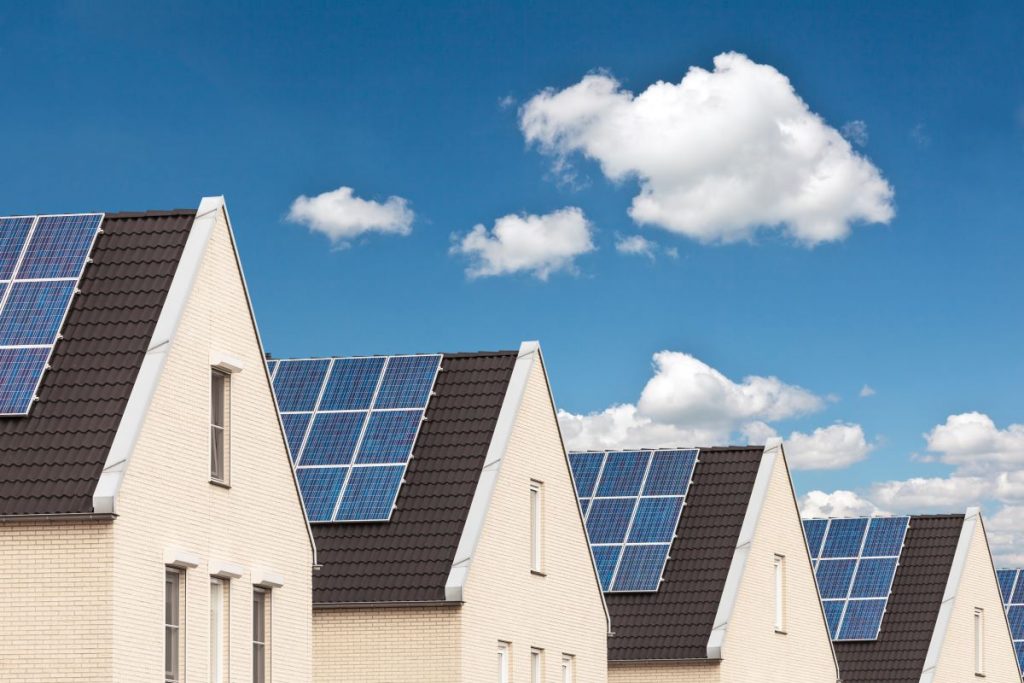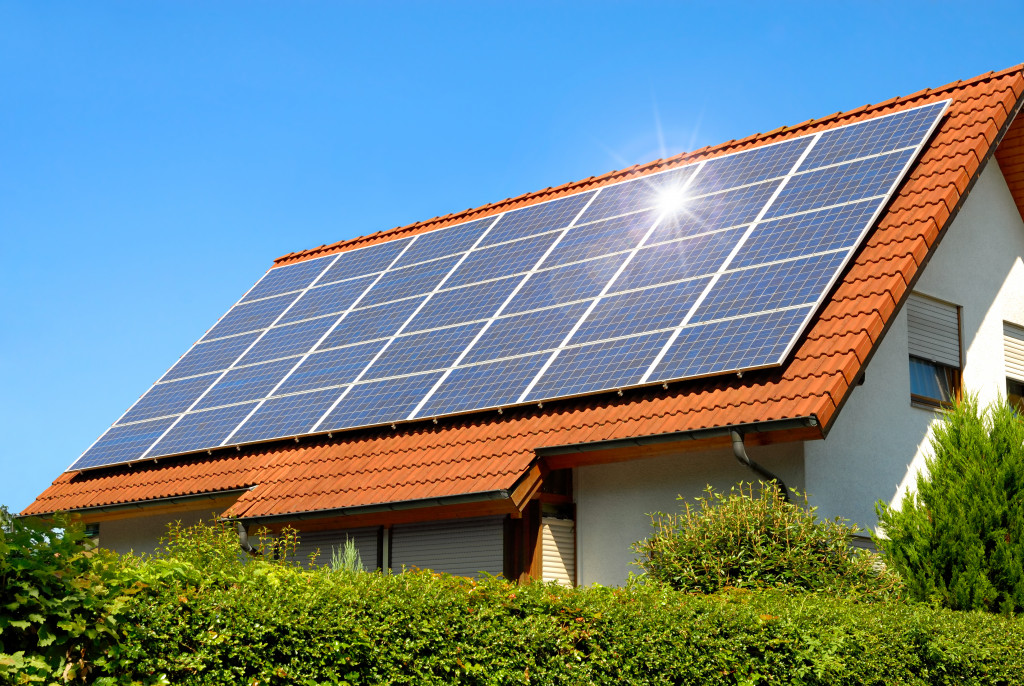Renewable sources of energy are becoming more and more popular. Thanks to the rise in awareness campaigns, more people are becoming conscious of where and how they get their power.
This has brought a sudden interest to alternative, and much more eco-friendly ways of consuming energy. Among the popular and accessible ways is solar energy.
While not entirely a new concept, solar energy is gaining traction with the availability of affordable solar panels that anyone can install for homes. What was once only used for experiments or as part of an industrial-grade plant, solar panels are now becoming a common sight in many places. From people living off the grid to those who want to save on wall energy. Solar power’s popularity is steadily increasing, and it doesn’t look like it will wane soon.
However, solar panels are not a plug and play type of home appliances. There are many things to consider about it and here are a few of them.
Advantages of Solar Energy
Saving on Electricity
Perhaps the most obvious advantage of using solar energy is the potential financial savings. The price of electricity is increasing exponentially, especially with our reliance on technology and an ever-growing number of electronic devices in homes and workplaces.
Installing solar panels means saving a lot of money that would be otherwise used to pay other utility of household needs. This money can go to other necessities, like some home improvement projects you’ve been putting off, or installing a new furnace to replace your clunky old one.
Not Being Reliant on Grid Power
While not exactly a concern to many, not relying on grid energy means having more control over your finances. You don’t need to be concerned with changes in the pricing of electricity and electrical taxes, nor should you be worried about any power interruptions in your area. Since you’re essentially producing your own electricity, grid power is one less concern for you.
Renewable and Accessible
Solar energy only requires sunlight. This means that anywhere there is bountiful sunlight, energy can be harvested. This makes it a highly accessible energy source, as there are remote locations where grid power doesn’t reach. People living in or near remote areas such as mountainous regions, islands, or dense forests would do well using solar energy.
It’s a Developing Technology
Far from the common misconception that its unreliable, solar technology has improved considerably. It has a long history from when it was first experimented on in the late 1800s to today where it has become a popular alternative.
Scientists and researchers are not done yet either, as they continue to research and study improvements for solar energy technology. In a few years, we can expect this technology to be more power-efficient and affordable.

Disadvantages of Solar Energy
Overhead Entry
Perhaps the biggest hurdle for anyone looking to utilize solar energy is that the initial cost is relatively high. The price of the equipment necessary to have a fully functional solar energy system doesn’t go cheap. And any efficiency improvements to maximize your energy gain (such as a battery, optimized harvesting, etc) would also cost quite a lot.
There’s also a matter of maintenance, which can only be accomplished by professionals. While not particularly expensive, professional services can still be quite costly when accumulated.
The Payback Period
Due to the high costs involved in setting up your own solar power system, there is a period where you are still at a ‘financial loss’. Solar panels should be treated as an investment of sorts, and as such should be treated with financial consideration.
It will take some time before the cost of setting up your solar energy system will pay for itself. Thus, if your annual total electric bill isn’t considerably large, your savings by using solar energy will not be as large as well. Careful consideration should be made when thinking of purchasing your own solar energy kit.
Reliance on Weather
While the reliance on grid power is effectively cut when using solar energy, your reliance is now placed in the hands of nature, namely sunlight. While you can use lithium-ion solar batteries to store energy, the actual harvesting of energy still requires sunlight.
If your location is prone to dark and cloudy weather, especially if it’s for extended periods of time, then you might not harvest enough energy for your consumption. This can be a difficulty for those living in colder regions, with winter being a dominant season.
While the initial cost may discourage many to install solar power, the longterm benefit is undeniable. You will spend less on energy while at the same time helping the environment by decreasing reliability on unsustainable power sources.






